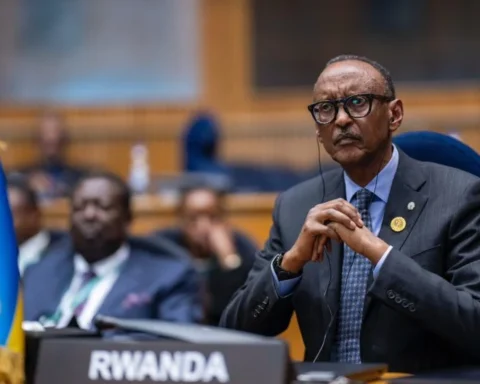China has voiced strong opposition to the newly signed UK-US trade agreement, warning that the deal may undermine global trade principles and unfairly isolate Chinese interests.
The agreement, which was finalized last week, grants British exporters reduced tariffs on products like automobiles and steel entering the United States market. In return, the United Kingdom agreed to implement strict security and ownership policies in critical sectors — including pharmaceuticals, telecommunications, and semiconductors.
While the deal does not mention China explicitly, the Ministry of Foreign Affairs of the People’s Republic of China condemned the move as one that could limit Chinese participation in international trade and investment networks.
“Cooperation between states should not be conducted against or to the detriment of third parties,” a spokesperson said during a press briefing in Beijing.
According to experts, clauses within the trade agreement are similar to so-called “poison pill” provisions — legal measures designed to discourage deals with nations that don’t align with U.S. or UK strategic interests. That could translate to UK-based firms being pressured to sever ties with key Chinese tech companies, such as Huawei or ZTE, in industries considered vital to national security.
Analysts also see the agreement as a continuation of the economic decoupling between China and Western powers, which began intensifying after the COVID-19 pandemic and ongoing tensions over Taiwan, cybersecurity, and alleged human rights violations in Xinjiang.
Also Read;US and China Reach Breakthrough in Tariff Dispute
In response, China has continued to prioritize its “dual circulation” strategy, a policy initiative aimed at boosting domestic consumption and reducing dependence on global markets — especially those where political risk is rising.
On the other side, Prime Minister Keir Starmer defended the deal, calling it essential for securing British jobs and protecting the country’s economic future amid global instability. UK officials also stressed that while security measures are being modernized, London remains open to doing business with partners around the world, including China.
“This is not about cutting China off,” said a spokesperson from the UK’s Department for Business and Trade. “It’s about making sure that the UK’s critical sectors are protected in a rapidly changing geopolitical landscape.”
Meanwhile, U.S. trade officials applauded the deal as a step toward a unified Western approach to global commerce, especially in an age defined by emerging technologies, strategic competition, and evolving global supply chains.
The World Trade Organization (WTO), which promotes fair and open global trade, has not yet commented officially, but international observers caution that such targeted deals risk undermining multilateral frameworks and fragmenting the global economy.







